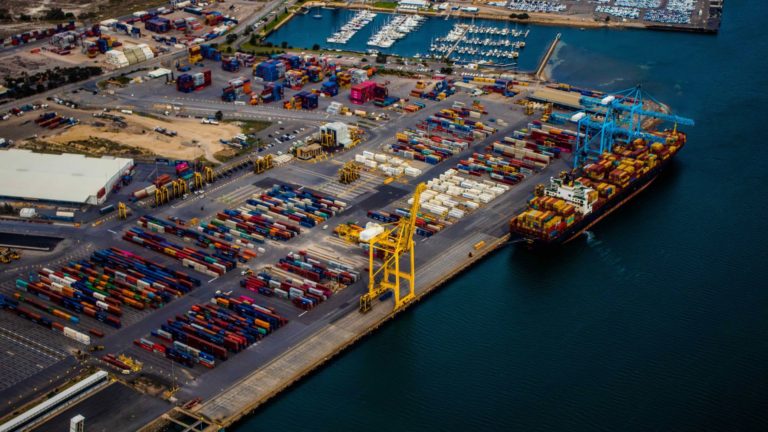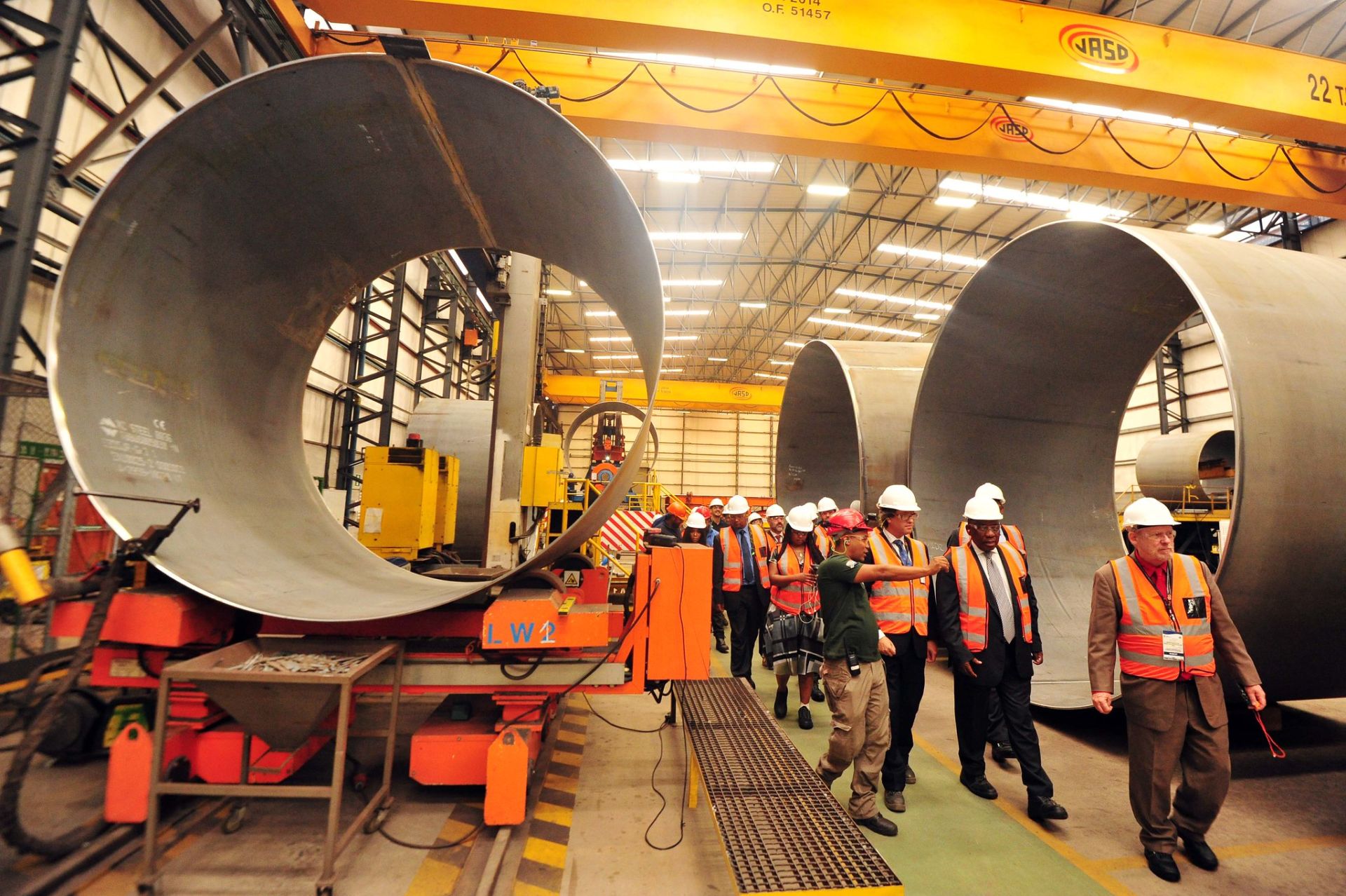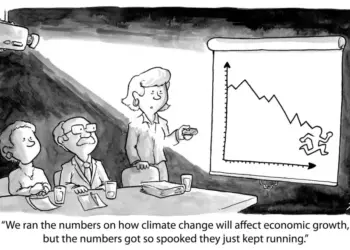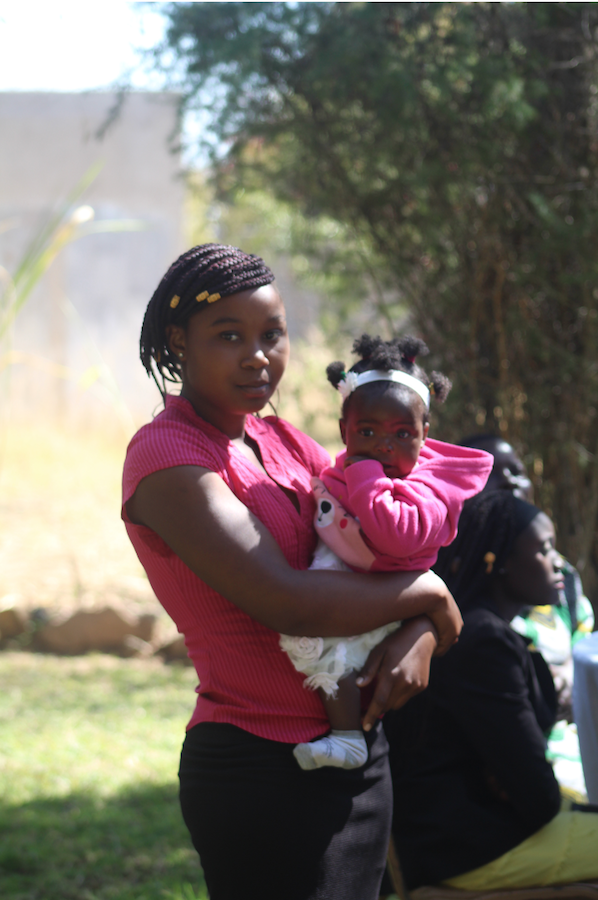There is a popular saying in Africa that “manufacturing is only for the brave.” Recently, such sayings have been extended to those brave enough to invest in Africa and attempt to increase Africa’s share of global trade (3% currently). Lack of infrastructure — electricity and poor transport networks; bureaucratic bottlenecks — company registration and cumbersome payment systems; strong trade unions; corruption; and high taxes are some of the challenges which these manufacturers and investors often contend. In spite of these challenges, some argue that African manufacturing is on the rise; while others disagree. In response, African governments have taken to establishing modern Specialized Economic Zones (SEZs) with incentives for investors.
These SEZs are similar to those introduced in China after Deng Xiaoping’s economic reforms in 1979. The establishment of SEZs is based on the belief that this economic model contributed immensely to the success of export-led growth and structural transformation in East Asia in the 1970s and 1980s. These zones became a cornerstone for the continent’s trade and investment policy.
SEZs have the potential to improve market conditions in host countries while spurring economic development.
The beauty of SEZs is that they are “demarcated geographical areas within a country’s national boundaries [where] rules of business are different, and often more liberal.” They offer advantages to investors in terms of infrastructure and special customs regimes such as duty free import and export and fiscal incentives, among other things. SEZs have the potential to improve market conditions in host countries while spurring economic development.
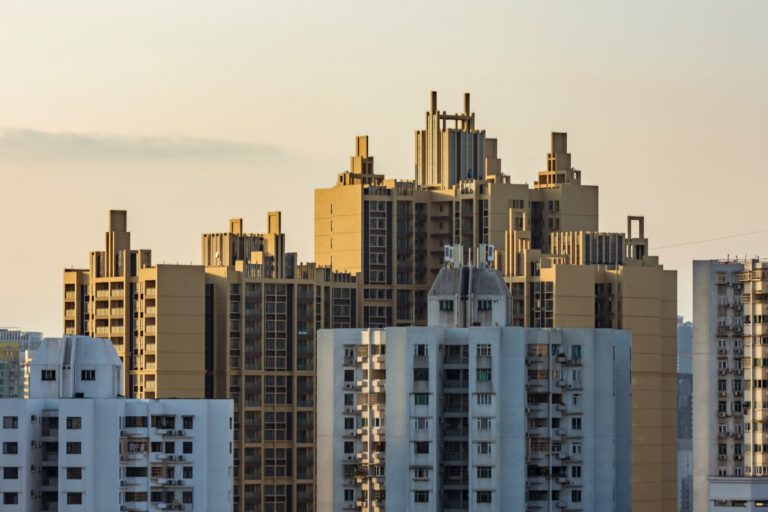
However, Africa’s experience with SEZs has been somewhat disappointing.
Since African governments began to tinker with the idea of SEZs in the early 1970s and finally operationalized them in 1990s and 2000s, they failed to attract significant investment, promote export, or create sustainable industrial development. Operationalization of SEZs face problems like distorted incentives, too much focus on short-term gains, poor infrastructure, conflict of interest between host governments and investors, conflicts and political instability, improper citing of zones, and environmental issues. In fact the checklist of challenges faced by SEZs in Africa is endless.
With these challenges one begins to understand how only brave investors can take on manufacturing in these SEZs. China collaborated with African host governments to establish seven SEZs in Africa as part of Beijing’s ‘Going Global’ trade policies.
In 2009, the Forum on China African Cooperation announced China had invested about 1 billion USD. In trying to export her development model and attempt to avoid problems faced by earlier SEZs, Beijing decided that her own companies would take the lead in developing these zones.
Reports insist that the zones “were intended to help China’s own restructuring, allowing the labour intensive, less competitive, ‘mature’ industries, such as textiles, leather goods, and building materials to move offshore.” On paper such support for SEZs seems to translate the ‘Flying Geese’ or ‘Leading Dragon’ model for sustained African industrial development. However, since these zones opened, they have not improved Africa’s share of commodity export. And despite the establishment of these zones to attract foreign direct investment from China, it appears other countries are still leading the way in investing in Africa (outside of SEZs) in spite of Beijing’s initial profit from SEZs.
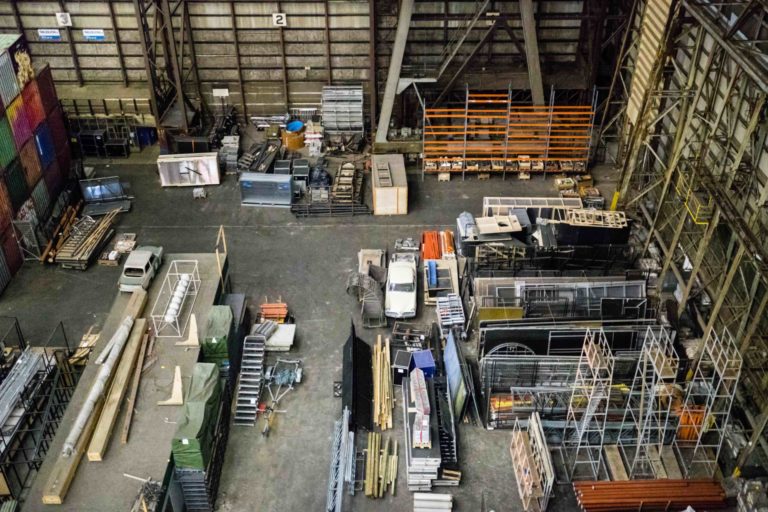
The blame for the failure of the zones rests solely with African governments. Broad industrial development plans do not well cover most, if not all the zones. As a result, the production and performance evaluation process is cumbersome. The absence of will to integrate these zones into overall industrial policy remains a challenge. African governments have failed to think ahead to how SEZs can improve either their contribution to global trade or create links with global supply-chains.
The current situation presents an opportunity for Chinese manufacturing relocation to the detriment of smaller local manufacturers who cannot compete with Chinese goods. A survey showed how small-medium-sized entrepreneurs in Mauritius in the clothing, footwear, and furniture sectors have borne the brunt of Chinese competition as they are unable to match the price-quality ratio. In Ethiopia, the government treats the SEZ as an industrial estate with little interest in developing a strategy for industrial development.
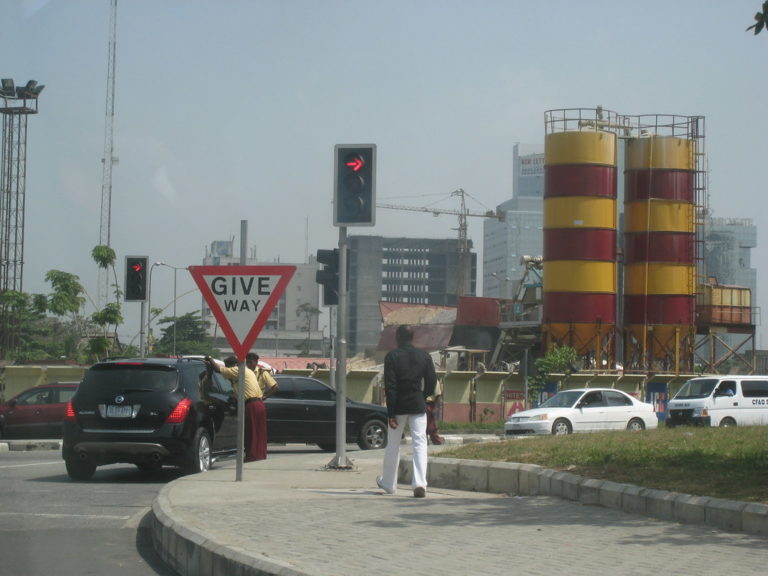
This leads to another failure of African governments. Since inception, Chinese companies have had nearly exclusive access to these SEZs with little or no investment from other countries. Perhaps the source of financing and development, which comes directly from Beijing or Provisional Governments in China, is the reason for this. Other countries that lead in foreign direct investments in Africa mostly invest outside the SEZs. However, wholesome coordination of investments within SEZs by all countries can actually improve Africa’s share of global manufacturing and trade. In the long run, the current restriction to Chinese companies presents a threat for sustained industrial development.
Currently, local manufacturers cannot operate in these zones, even when Chinese developers and host governments jointly share ownership. For example, the Lagos State government holds 40% shares of the Lekki SEZ in Nigeria, but local manufacturers cannot use it. It appears that most African governments are satisfied with belonging to the SEZs’ company board or bilateral coordination committees rather than seeking larger roles for local manufacturers or supply chains. A Nigerian TV station reported a particular zone in Nigeria is like a military base in the difficulty of gaining access.
Editor’s Picks — Related Articles:
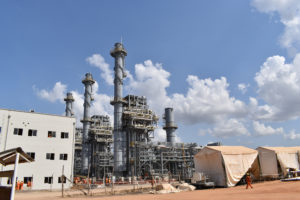
“Burning Questions Behind East Africa’s Infrastructure Boom”

“China and South America: The Pacific Alliance”
Even local residents of the area, which hosts other major industries, find it challenging to lodge complaints concerning road infrastructure that both the government and Chinese companies have failed to provide. Environmental improvement and infrastructure development are features synonymous with SEZs in China. However, in Nigeria manufacturing has not been accompanied with relevant infrastructure, considered part of the social corporate responsibilities of Chinese manufacturers and the duty of host governments. Host communities end up short-changed by both their host governments and Chinese manufacturers.
From the economic side, the links between local supply chains and the operationalization of these SEZs are insufficient. African governments need to further investigate and evaluate policies which would allow local manufacturers to work with foreign industries in SEZs for knowledge and technology sharing. At best, African government policies have not examined ways to ensure locals either participate in supplying raw materials or learn from the existing manufacturing processes going on in these zones.
If Africa is seriously considering adopting the SEZ model for development, policy adjustments are urgently needed. The current state of affairs will not spur industrialization and promote Africa’s active participation in global trade.
